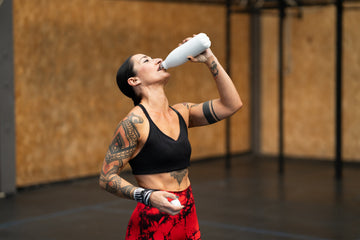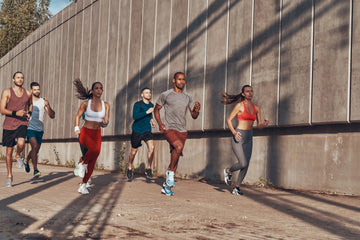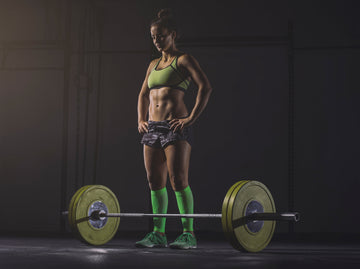Training hard in the gym is only part of the equation. To maximize strength, build muscle, and recover faster, your body needs the right fuel. Proper nutrition ensures you have the energy to power through workouts and the nutrients required to repair and grow stronger afterward.
This guide covers the best nutrition strategies for the gym so you can get the most out of every session.
WHY NUTRITION MATTERS FOR FITNESS
Nutrition and training go hand in hand. Without the right fuel, performance suffers, recovery slows, and progress stalls. Balanced nutrition provides:
-
Energy to complete challenging workouts
-
Protein to repair and build muscle tissue
-
Carbohydrates to replenish glycogen stores
-
Healthy fats for sustained energy and hormone support
-
Micronutrients to keep your body functioning at its best
PRE-WORKOUT NUTRITION
What you eat before training sets the tone for your session. The goal is to provide quick energy and prime your muscles for performance.
Best Pre-Workout Foods:
-
Oats with fruit
-
Banana with peanut butter
-
Rice cakes with turkey or chicken
-
Protein shake with a small serving of carbs
Timing Tip: Aim to eat a balanced pre-workout meal 1–2 hours before training. If you are short on time, choose a lighter snack 30 minutes before.
POST-WORKOUT NUTRITION
After your workout, your muscles are primed to absorb nutrients. This is the time to focus on recovery and muscle repair.
Best Post-Workout Foods:
-
Grilled chicken with rice and vegetables
-
Salmon with sweet potato
-
Whey protein shake with banana
-
Greek yogurt with berries and honey
Key Nutrients:
-
Protein (20–40g) to stimulate muscle repair and growth
-
Carbohydrates to restore glycogen and boost recovery
-
Electrolytes (from fruits, veggies, or sports drinks) to rehydrate
THE ROLE OF PROTEIN
Protein is the foundation of muscle growth and recovery. Whether your goal is strength, size, or fat loss, hitting your daily protein intake is essential.
Great Protein Sources:
-
Lean meats like chicken, turkey, and beef
-
Fish and seafood
-
Eggs and egg whites
-
Dairy such as Greek yogurt and cottage cheese
-
Plant-based options like lentils, beans, tofu, and tempeh
General guidelines suggest 1.6–2.2 grams of protein per kilogram of body weight daily for active individuals.
HYDRATION AND SUPPLEMENTS
Staying hydrated is often overlooked but critical for gym performance. Even mild dehydration can reduce strength and endurance. Aim for at least 2–3 liters of water per day, more if you sweat heavily.
Supplements can also play a role in gym nutrition. While not essential, the right supplements can give you an edge:
-
Whey protein for convenience and fast absorption
-
Creatine monohydrate for strength and power
-
Electrolyte mixes to support hydration
-
Omega-3 fatty acids for recovery and joint health
FINAL THOUGHTS
The best gym nutrition isn’t about complicated rules—it’s about fueling your body with the right balance of protein, carbs, fats, and hydration. Focus on eating whole, nutrient-dense foods, time your meals around your workouts, and stay consistent.
At TrueNexo, we believe progress comes from the connection between training, nutrition, and recovery. Feed your body right, train hard, and the results will follow.






